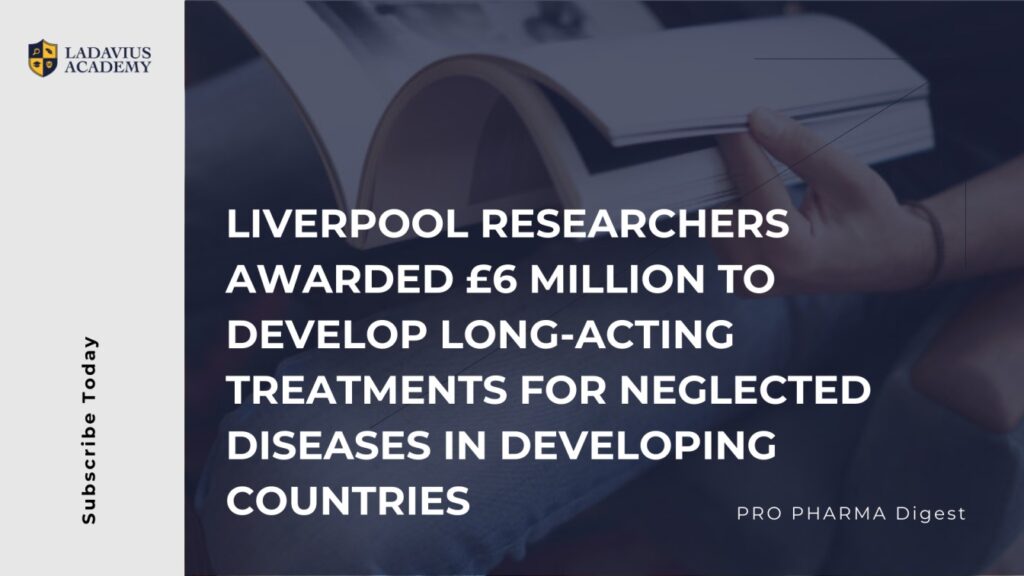A University of Liverpool project has received a significant boost in its fight against major diseases. Unitaid, a global health organization, awarded over £6 million to the initiative, titled LONGEVITY. This project focuses on developing long-acting treatments for tuberculosis, malaria, and hepatitis C, specifically targeting low- and middle-income countries (LMICs).
Building on Early Success: Long-Acting Treatments for Neglected Diseases
LONGEVITY, launched in 2020, is a key part of the University’s Centre of Excellence for Long-acting Therapeutics (CELT). The project aims to ensure these LMICs have easier access to effective treatments.
The project has already achieved significant progress. They have established preclinical proof of concept for long-acting treatments for both tuberculosis, a bacterial lung infection, and hepatitis C, a viral liver disease.
Expanding the Fight: New Funding Fuels Development Efforts
This new funding will allow the project to expand its efforts. They plan to develop injectable treatments for both tuberculosis and hepatitis C, along with investigating vaccine delivery through patches.
Furthermore, the project will provide resources to support the development and use of long-acting technologies. This includes offering pharmacometric tools, like their free software Teoreler, which helps model drug behavior in the body.
Collaboration is Key: Addressing Gaps and Building Expertise
Additionally, LONGEVITY will collaborate with the Medicines Patent Pool to identify gaps in current treatments that long-acting formulations could address. They also aim to establish a network of specialists focused on long-acting therapies for mothers, newborns, and children.
A Powerful Solution: Long-Acting Treatments Hold Promise
Professor Andrew Owen, leading the LONGEVITY project, emphasizes the potential of long-acting treatments: “These medications offer a powerful solution to overcome challenges in treating and preventing infectious diseases in LMICs.”
He adds, “This new investment… will allow us to comprehensively address the issues surrounding the development and use of these long-acting treatments, ensuring equitable access for those who need them most.”
This project offers a promising approach to improving healthcare access and outcomes for neglected diseases in developing countries.
Posted April 2024.
Subscribe to our newsletter
Personalised by your preferences, subscribe to our newsletters to get the best of the Pharmaceutical Industry news in your inbox.
